$4.3 billion China Mineral Resources Group strengthens China’s bargaining position
A new giant has emerged in China – a company that could give iron ore purchasers more strength as they bargain with Aussie suppliers.
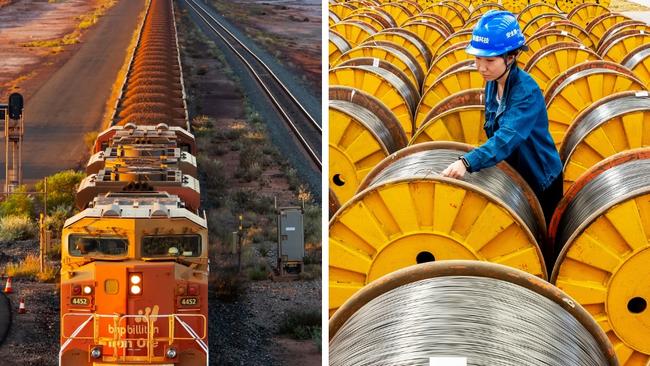
Economy
Don't miss out on the headlines from Economy. Followed categories will be added to My News.
China’s bargaining position in dealings with Australian iron ore mining companies will be significantly strengthened after the establishment of the state-backed China Mineral Resources Group.
The company’s scope includes “mining, iron ore processing, the import and export of commodities, sales of metal ores, and warehouse and supply management services”, China Daily reported. It was registered in the Xiong’an New Area, Hebei, with capital of ¥20 billion – about $4.3 billion.
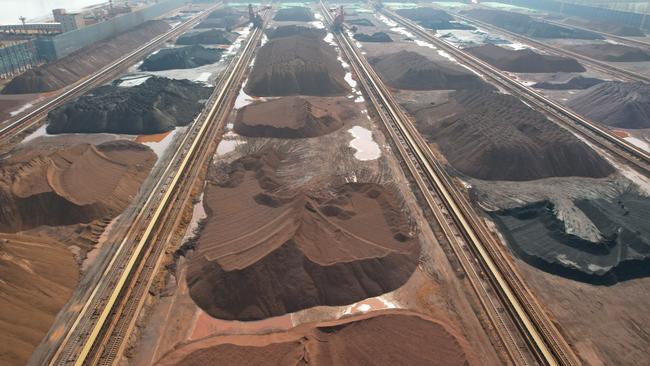
Significantly, it could help consolidate China’s purchasing of steelmaking materials from global powerhouses like Australian mining companies BHP and Rio Tinto. Chinese firms paid Australian miners a record $130 billion for iron ore last year, the ABC reports.
It’s largely seen as an attempt to combat what Chinese officials have argued is the excessive pricing power of global mining companies. Traditionally, Aussie companies have dealt with smaller Chinese buyers.
The new company could potentially give Chinese buyers a stronger hand to demand lower prices.
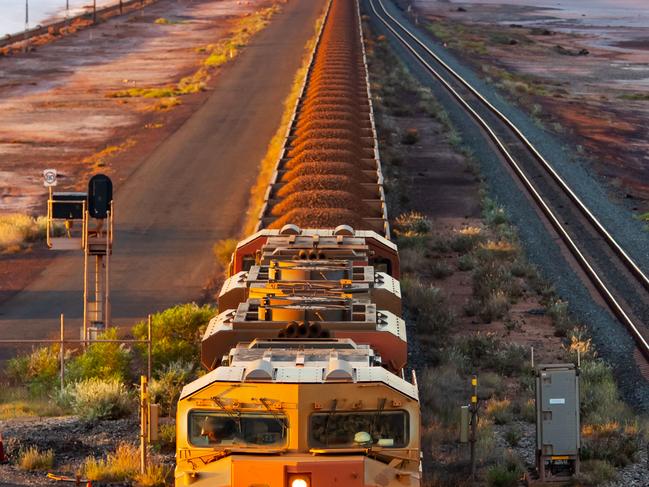
So far, Rio Tinto and BHP have not commented on the new Chinese juggernaut.
“We will continue to work closely with our customers and other key stakeholders in China to... optimise our distribution channels to meet the needs of our longstanding customers and the Chinese steel industry,” Fortescue chief executive Elizabeth Gaines told Yahoo Finance, noting the company supplies iron ore under long-term contracts.
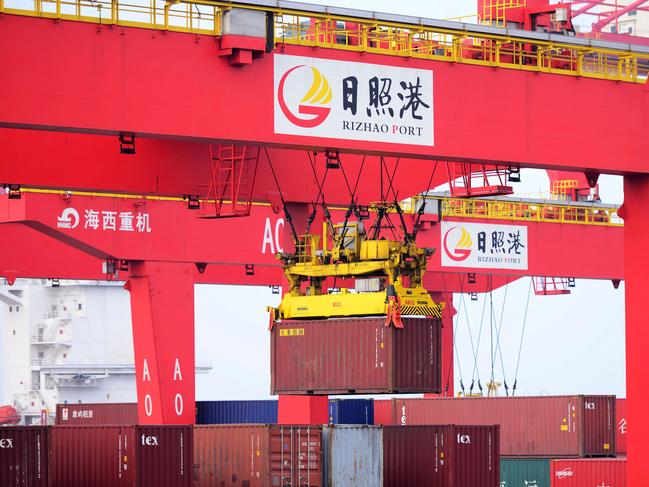
State-media outlet Global Times reported the new firm would give China – the world’s most voracious consumer of iron ore – a bigger say in pricing.
Major Chinese companies China Baowu Steel Group, Ansteel, China Minmetals and Shougang Group will be within the purview of China Mineral Resources Group, the outlet reported.
“The new firm can integrate domestic demand and enhance the nation’s voice in iron ore market procurement,” Wang Guoqing, research director at Beijing Lange Steel Information Research Center, told the Global Times.
The company will also co-ordinate China’s massive investment in iron ore projects. Chinese companies have already started development of an enormous mine in Guinea, West Africa, where one of the world’s largest untapped reserves of iron ore is located.
Yao Lin, former chairman of Aluminium Corporation of China, is in charge of the company, according to state-run media.
There are also representatives from China Baowu Steel Group Corp Ltd, Ansteel Group Corp Ltd and China Minmetals Corp in the company’s senior management team.
Glyn Lawcock, head of mining research at Barrenjoey, told Yahoo Finance that China was “not happy with iron ore prices over $100 a tonne”.
But the attempt by China to centralise its purchasing power may not have an immediate impact on prices, in the short-term at least.
“I don’t think a buyers’ club will have an impact in the short-term market, which is still very much driven by supply and demand,” Mr Lawcock said.
And Australian miners are steadfast in the belief that supply and demand should regulate prices.
“At the end of the day, we believe that markets will sort out where the price needs to be based on supply and demand,” BHP’s CFO David Lamont reportedly told a Melbourne business forum recently.
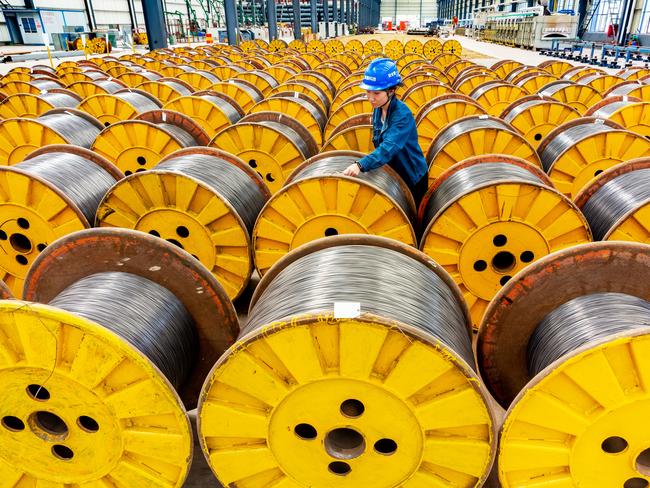
It comes as China hinted at a softer approach to trade dealings with Australia following a frosty period sometimes dubbed an unofficial trade war.
The spat began with trade barbs from both sides, as explained by the South China Morning Post.
Canberra banned Chinese-owned telecommunications giant Huawei from rolling out the nation’s 5G network in 2018, citing security concerns.
Australia also confirmed it would impose anti-dumping duties on Chinese stainless steel sinks in February 2020 and investigated the alleged dumping of pipes and steel tubes by China and other countries later that year, angering Beijing.
But trade relations took a deep plunge when Australia led calls for a probe into the origins of the Covid-19 outbreak in April 2020.
China quickly banned imports from major Australian meat processing plants and whacked a huge tariff on Australian barley in what was widely seen as retaliatory action.
Beijing then launched a probe into the alleged dumping of Australian wine and also curtailed the import of some Aussie timber.
Reports then emerged that Australian coal, lobster and copper had also been hit with unofficial bans, with blocks at Chinese ports.
Australia lodged complaints with the World Trade Organisation in 2021 over some of the tariffs. And as trade relations further soured, Chinese ministers reportedly refused to return calls to their Australian counterparts.
But there is now hope of an unfreezing of trade relations – and a potential Anthony Albanese government reset – after comments by Chinese authorities.
Deputy Director of the Foreign Ministry Information Department of China, Zhao Lijian, told a daily press briefing recently that, “China has noted the positive elements of the statement of the Australian side.
“We hope the Australian side can seize the opportunities, shape up a right perception of China, stay committed to seeking common ground while putting differences aside when getting along with China.”
Originally published as $4.3 billion China Mineral Resources Group strengthens China’s bargaining position





